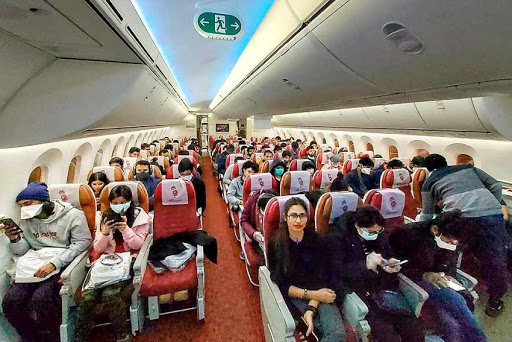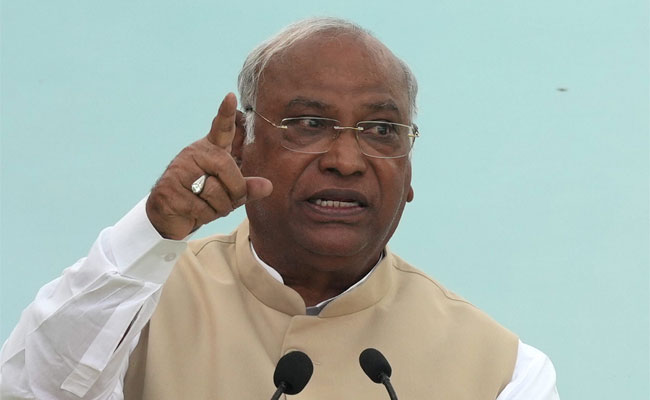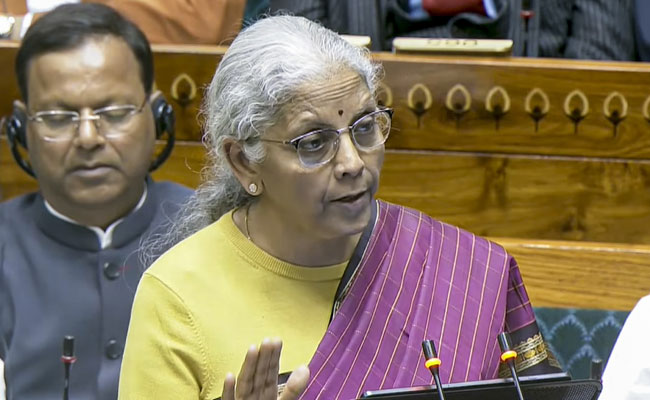Doha: New labour rules in the energy-rich nation of Qatar effectively dismantles the country's long-criticised kafala employment system, a UN labour body said Sunday.
The International Labor Organization said as of now, migrant workers can change jobs before the end of their contracts without obtaining the permission of their current employers.
Qatar also has adopted a minimum monthly wage of 1,000 Qatari riyals (USD 275) for workers, which will take affect some six months after the law is published in the country's official gazette, the ILO said. The minimum wage rule requires employers to pay allowances for housing and food as well if they don't provide those for their workers.
Qatar, whose citizens enjoy one of the world's highest per-capita incomes due to its natural gas reserves, partially ended the kafala system in 2018. That system ties workers to their employers, who had say over whether they could leave their jobs or even the country.
Qatar is being transformed by a building boom fuelled by its vast oil and natural gas wealth. Like other energy-rich Gulf nations with relatively small local populations, Qatar relies on well over a million guest workers, many of them drawn from South Asian nations including India and Nepal. Rights activists long have criticized the kafala system as allowing abuses of those foreign workers.
This comes as Qatar will host the 2022 FIFA World Cup in the Arabian Peninsula nation. Having the winning bid for the soccer tournament brought renewed attention to labourers' rights in Qatar.
Let the Truth be known. If you read VB and like VB, please be a VB Supporter and Help us deliver the Truth to one and all.
Kolkata (PTI): West Bengal Chief Minister Mamata Banerjee on Sunday described the Union Budget for 2026-27 as "directionless, visionless and anti-people”, which had nothing on offer for her state.
Banerjee, speaking to reporters at Kolkata airport before leaving for New Delhi, also claimed that the Budget had nothing for the common man.
"This Budget is directionless, visionless, actionless and anti-people. It is also anti-women, anti-farmer, anti-education and against the SC, ST and OBC... There is nothing on offer for Bengal in the Budget," she alleged.
Finance Minister Nirmala Sitharaman presented the Budget in the Lok Sabha earlier in the day.





